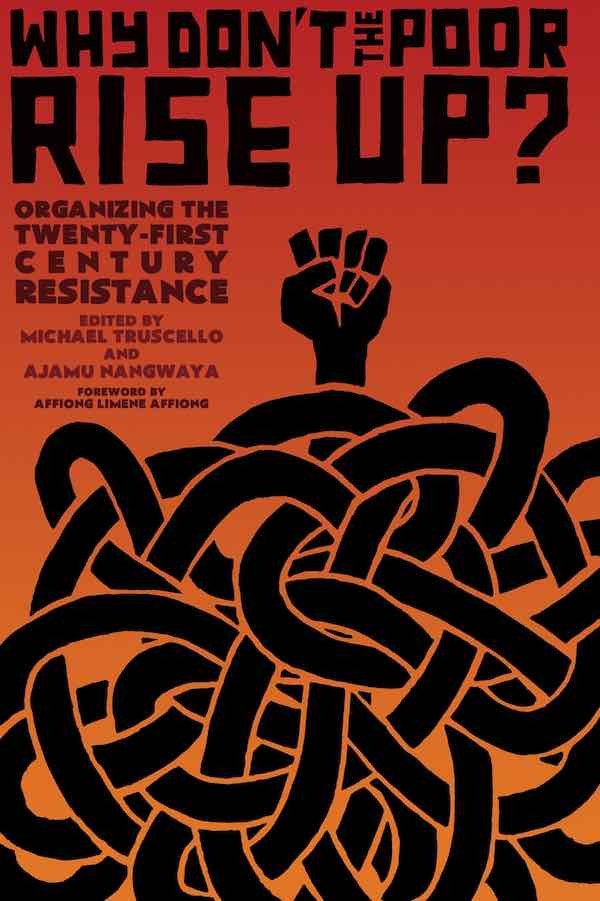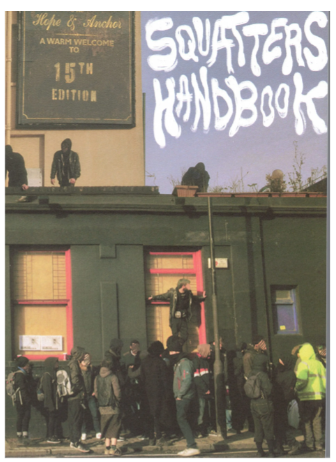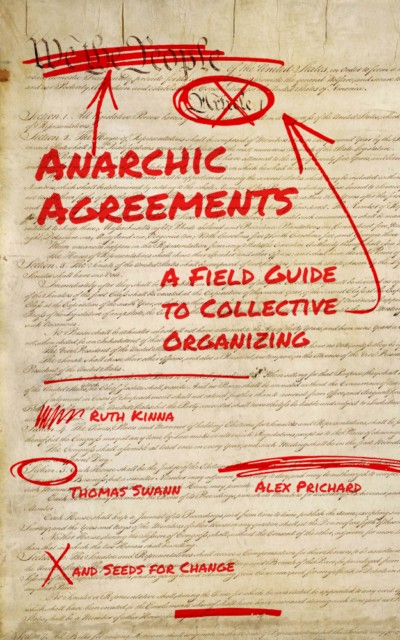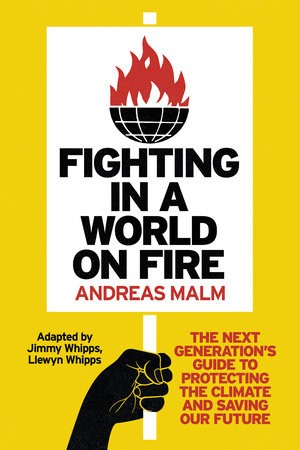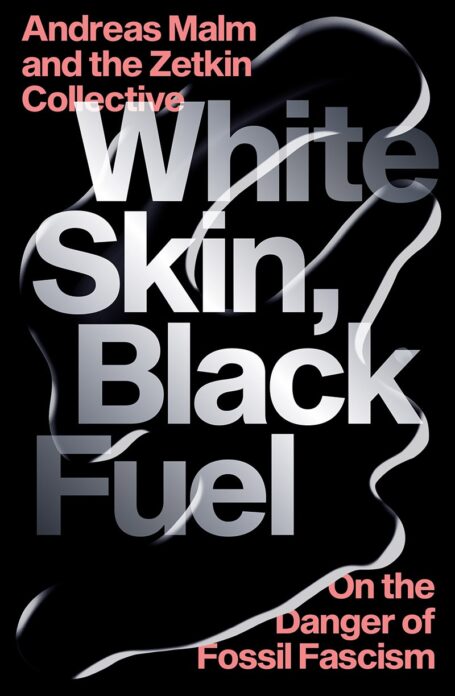Why Don’t the Poor Rise Up?
£12.50
Why Don’t the Poor Rise Up? Organizing the Twenty-First Century Resistance edited by Ajamu Nangwaya and Michael Truscello
Description
“Each of these essays is a sharpened weapon for the battles looming large on the horizon.” —George Ciccariello-Maher, author of Building the Commune
“Combining the most creative thought from the global North and South, Why Don’t the Poor Rise Up? promises to be an indispensable resource for understanding why the new revolutionary movement of the 21st century will emerge from the ranks of the most marginalized by capitalism and colonialism.” —Ajamu Baraka, editor of Black Agenda Report
“Capitalism is not the answer to poverty but rather its cause! This collection presents diverse global and radical perspectives on the poor and poverty, while demonstrating concretely how and why the poor do rise up! Importantly, the collection presents strategies for building social movements of the radical Left that are a meaningful alternative to the populist right currently in ascendancy.” —Dr. Anna Kasafi Perkins, Catholic theologian, Kingston, Jamaica
Why don’t the poor rise up? Even mainstream media like the New York Times and The Economist have recently posed this question, uneasily amazed that capitalism hasn’t met with greater resistance. In the context of unparalleled global wealth disparity, ecological catastrophe, and myriad forms of structural oppression, this vibrant collection offers a reassessment of contemporary obstacles to mass mobilization, as well as examples from around the world of poor people overcoming those obstacles in inspiring and instructive new ways. With contributions from Idle No More organizer Alex Wilson, noted Italian autonomist Franco “Bifo” Berardi, Cooperation Jackson organizer Kali Akuno, Cape Town-based anarchists Aragorn Eloff and Anna Selmeczi, and sixteen other scholars and activists from around the world, including a Foreword by Affiong Limene Affiong, Nigerian co-founder of Moyo wa Taifa, a Pan-Afrikan Women’s Solidarity Network, Why Don’t the Poor Rise Up? presents a truly global range of perspectives that explore the question of revolution, its objective and subjective prerequisites, and its increasing likelihood in our time.
Ajamu Nangwaya, Ph.D., is a lecturer at the University of the West Indies, Mona Campus. He has over 25 years of experience in community organizing and advocacy. He is a former provincial Vice-President of the Canadian Union of Public Employees (CUPE) in Ontario, and was a member of the executive committee of CUPE Local 3907 for six years. He was an active member of the CUPE Local 3902 at the University of Toronto, and served as a Vice-President of CUPE Toronto District Council. He was an organizer with the Toronto-based organization Network for the Elimination of Police Violence. His writings have appeared in publications such as the Toronto Star, CounterPunch, Dissident Voice, Huffington Post, Global Research, Rabble.ca, Pride newspaper, Briarpatch magazine, the Black Agenda Report, Truthout, NOW Magazine and Pambazuka News. He is a former columnist of the weekly Share newspaper that serves Toronto’s African Canadian community.
Michael Truscello, Ph.D., is an Associate Professor in English and General Education at Mount Royal University in Calgary, Alberta, Canada. His academic interests include anarchism, the politics and poetics of infrastructure, petroculture, media studies, and technology studies. In 2013, he co-edited a special issue of Anarchist Studies on “anarchism and technology” with Uri Gordon. In 2011, he produced the documentary film Capitalism Is The Crisis: Radical Politics in the Age of Austerity. He is the author of Infrastructural Brutalism (MIT Press, forthcoming).
TABLE OF CONTENTS
Foreword: Organising in the 21st Century by Affiong Limene Affiong
Introduction: Why Don’t The Poor Rise Up? by Michael Truscello and Ajamu Nangwaya
GLOBAL NORTH
1. Idle No More: Grounding the Corrientes of Hemispheric Resistencia by Praba Pilar and Alex Wilson
2. An American Exception: The Counter-Insurrectionary Function of the Color Line by Ben Brucato
3. Until We Win: Black Labor and Liberation in the Disposable Era by Kali Akuno
4. Some Thoughts on White Supremacy and Jesus as Bread and Circuses by Thandisizwe Chimurenga
5. Organizing With Solidarity in Mind: Notes on Social Movement Unionism and Critical Equity Work by Ellie Adekur Carlson
6. Trump, The Alt.Right, and the New State of Exception by Jordy Cummings
7. Not Co-optation nor Charity: Anti-Poverty Organizing in Canada and the US by Lesley Wood
8. Cultivating the Radical Imagination in the North of the Americas by Alex Khasnabish
9. On The Spiritual Exploitation of the Poor by Nathan Jun
10. Society Without Sociability: Late Notes About Margaret Thatcher and Jean Baudrillard by Franco ‘Bifo’ Berardi
GLOBAL SOUTH
11. Engendering Revolt in the Anglophone Caribbean: Organizing the Oppressed for Self-emancipation by Ajamu Nangwaya
12. “They’ve Turned The Guns on the People!” Towards Healing: Confronting the Impacts of the Grenadian Revolution by Kimalee Phillip
13. Resource-full Organized Communities Undermine Systems of Domination: How the Poor Rise Up in San Cristobal de las Casas by Erin Araujo
14. In Defense of the Territory of Life: A Look Into the Territory of the Community Police in Guerrero, Mexico by David Gomez Vazquez (Trans. Enrique Avila Lopez)
15. On Fire and the ‘Multiplications’ of the Poor in Mathare, Nairobi by Wangui Kimari
16. Critical Consciousness as an Act of Culture: An Illustration from Sudan by Gussai H. Sheikheldin
17. Powers of the Uncivil: Notes from South Africa by Anna Selmeczi and Aragorn Eloff
Additional information
| Weight | 0.425000 kg |
|---|

